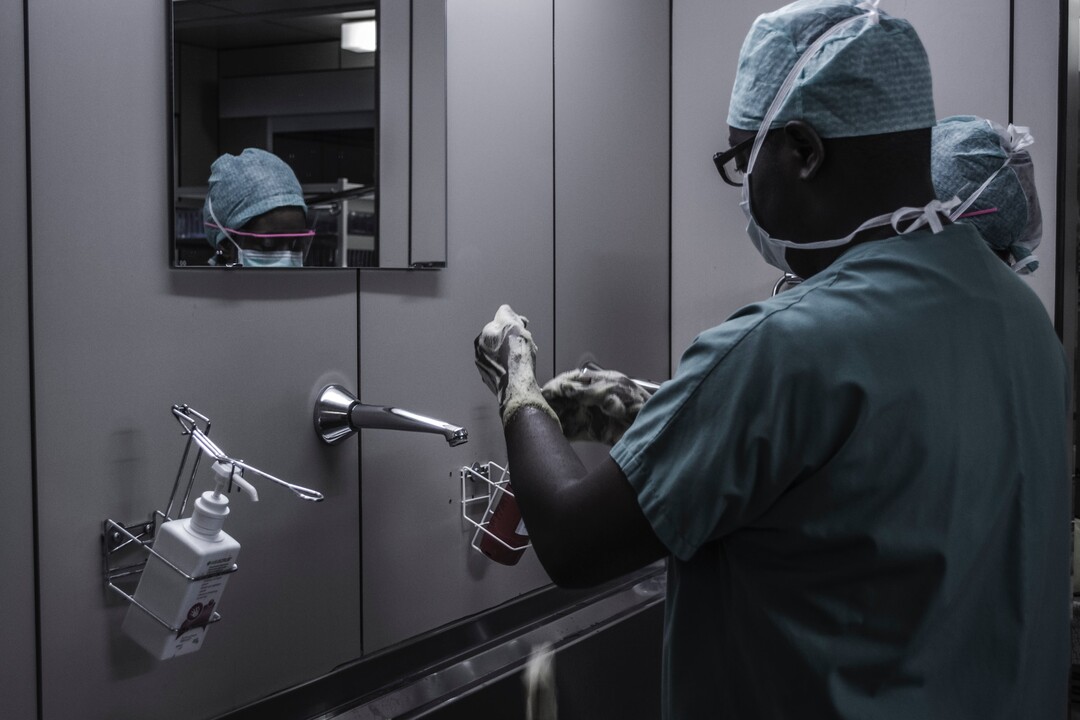For decades, Africa has been viewed through a limited lens, often as a continent in need of external aid. However, this perception is outdated. Africa today is a dynamic economic force, driven by talented individuals and entrepreneurs who innovate in key sectors such as fintech, energy, and agriculture. What the continent truly needs are partners willing to collaborate on equal footing, not charity or aid.
It is essential to shift the global perception of Africa. The continent doesn’t require “saving” through international aid; rather, it should be recognized and valued for its talent and potential. African businesses across diverse sectors are already transforming their industries, and propelling the continent forward, proving that Africa is a thriving hub of innovation and resilience.
A great example is a Senegal-based fintech company. Thanks to a partnership with Talent2Africa, this fintech successfully recruited Chief Financial Officers (CFOs) to support their rapid growth. These local talents not only brought highly specialized skills but also helped establish a solid financial structure that enabled the company to expand internationally. Recruitment, in this case, was not just about filling positions; it became a strategic lever for market expansion and investor attraction.
Africa is ready to tackle the challenges of the future. However, to do so effectively, it requires strategic partners who are willing to engage in co-creation and contribute actively to sustainable development on the continent.








